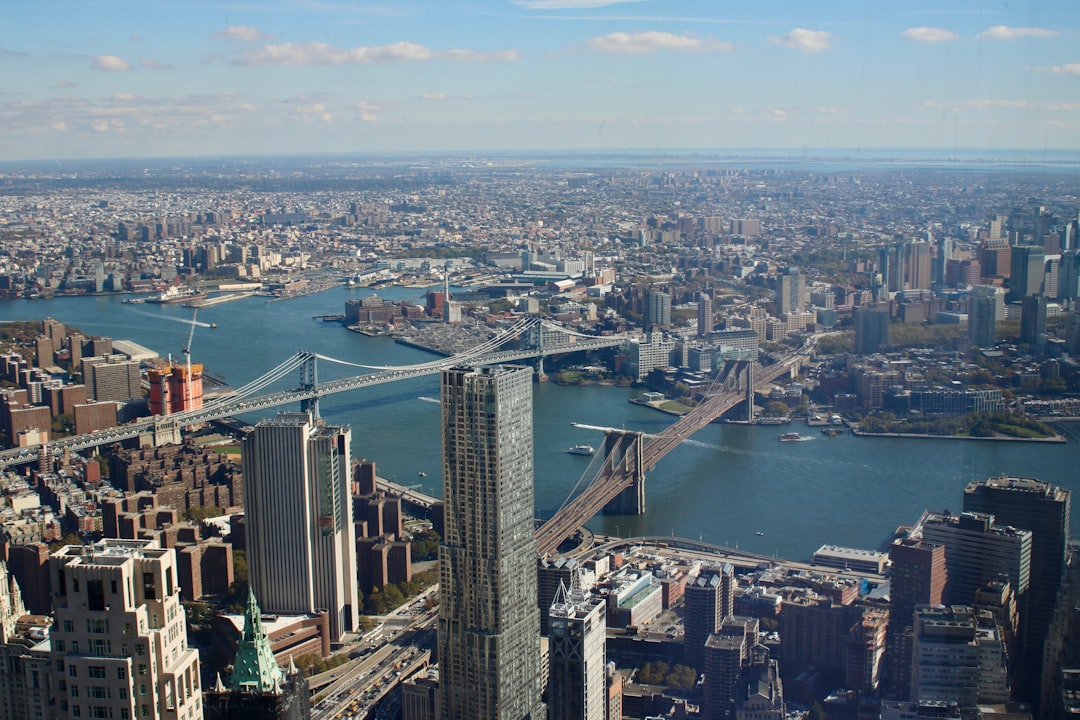#113 Naught (and a book club)
Some books are so ingrained in our cultural consciousness that you feel like you've already read them before even opening the cover. In the Western world, works like The Bible, the Iliad, and War and Peace fall into this category. So, when I finally dive into them, that first line gives me a unique thrill, akin to the anticipation before a roller coaster's first descent.
This week, I embarked on reading The Power Broker. As a devoted fan of its author and of grand biographies, I had absorbed gigabytes of information about the book beforehand. It felt like the perfect moment to delve in, especially since 99pi is hosting a year-long book club on it. In the inaugural episode, they interviewed the author, Robert Caro, providing an excellent preamble to the book and its remarkable author. Caro, eloquently as ever, in the podcast:
"If you're going to write about political power—the kind that shapes people's lives—you can't just focus on those wielding power. You must also explore the impact on those subjected to it, whether for good, like with Lyndon Johnson's legislative achievements, or for ill, like displacing communities."
As Tolstoy, of the other book-you-don’t-have-to-read-to-have-read-it would concur: history isn’t just about the big names, it’s mostly about the small men and women that are forgotten by it.
Two of my favorite Dutch activist artists have collaborated on a podcast addressing extinction with first-aid for extinction. While promoting a Dutch-language podcast to an international audience isn't ideal, I want to highlight a statement from episode 3 made by sociologist Reint Jan Renes regarding climate action: Once you commit, you'll inevitably fall short.
Pause. Rephrase. Once you commit to climate action, you'll always fall short.
Increasingly, I feel this shortfall. Perhaps you do too. There's always more to do, another action to take, yet it never feels like enough. I’ve learned to leverage the wisdom of the people around me, I’ve started working for a consequential company, and lately I’ve been interviewing people to understand how I can further scale my actions, but it still feels inadequate. I have contributed exactly a naught degrees decrease in global temperatures. Yet, if I just do one more thing...
The Power Broker delves into Robert Moses's influence on shaping New York City. Moses was a dominant figure in the city's urban planning for a significant part of the 20th century. The book explores his ascent to power, his impact on infrastructure, and his controversial methods, offering a nuanced view of power and politics. While I've only read the introduction so far, it's already evident of Caro's biographical prowess.
Similar to his later work on Lyndon Johnson, Caro doesn't solely rely on well-thumped written sources. Instead, he meticulously interviews as many individuals connected to his subject as possible and scrutinizes the minutest details. Consequently, he publishes an average of only about 100 pages per year, but each page is profoundly impactful.
"In historical events, great men—so-called—are but labels that merely name an event, with minimal connection to the event itself."
This quote isn't from Caro, but from Tolstoy. Tolstoy, who depicted Napoleon's march on Moscow without ever elevating Napoleon beyond a distant figure. While Lyndon Johnson and, presumably, Robert Moses take center stage in Caro's biographies, I can't shake the feeling of a deeper connection here.
Whether as a soldier at Borodino or a family displaced by an express way, you're not just witnessing history; you're shaping it as much as those issuing orders. Perhaps, as mere cogs in the climate action wheel, we're doing the same. And perhaps one day, a biographer will interview us, to add a footnote to the story of our times
Wishing you a fulfilling week; you're doing more than enough!
— Jasper

